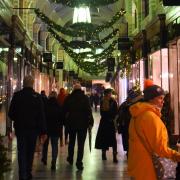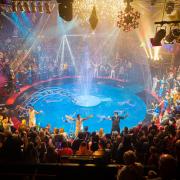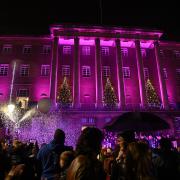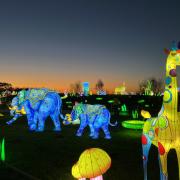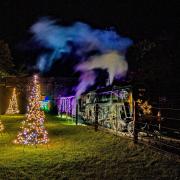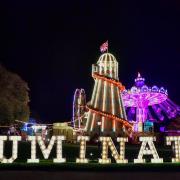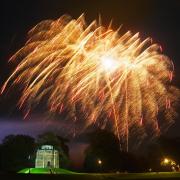The theatre is a reflection of our lives, a magnifying glass that allows us to examine our actions, our follies, our dreams, and our fears. So it can be said that a theatre archive is a place where you will find the history of human experience and where collective memories are stored.
Theatre in this region is deeply rooted, with Norwich Theatre Royal the jewel of the East Anglian crown. There has been a theatre in the Theatre Royal's position since 1758. On the bill on opening night were two well-known plays of the time: The Way of the World by William Congreve and The Mock Doctor by Henry Fielding.
In 1767, Norwich was the second city in England outside of London to be granted Theatre Royal status, narrowly missing out on being the first. The licence permitted the theatre company to perform plays in Norwich from November 1 to the end of May every year and for three weeks during the summer.

Sadly, no visible elements of the original building remain today, nor of its successor, which opened in 1826. The current building on Theatre Street is actually the third Norwich Theatre Royal, which opened in 1935 after a fire in the previous year.
It was built quickly, using a standard off-the-peg design that was being used for Odeon cinemas around the country. When you are next in the auditorium, look around. You should be able to spot original features and references to its Art Deco origins.
Although many buildings in the city were bombed during the Second World War, Norwich Theatre Royal escaped, but not without some close shaves including a bomb that landed on Theatre Street but failed to explode.

In the 50's the building was mainly a cinema, breaking programming for only an occasional concert or the panto. There was talk of turning it into a - at the time - more lucrative bingo hall. Thankfully that did not happen, with the council rejecting the application.
Over the years, the theatre has had countless shows, plays and musicals on its stages, including Shakespeare's Romeo and Juliet in the very first season, The Jealous Wife, a comedy by George Colman in 1808, Sherlock Holmes in 1908 and a Sadler's Wells ballet in 1955 as well as The History Boys in 2006, Miss Saigon in 2005, Les Miserables right up to SIX the Musical.
While the buildings and the types of shows may have changed over that time, the theatre's purpose - to provide creative experiences for all - has remained the same.

With all this vast and varied history, you can expect the Norwich Theatre archive to be nothing more than a treasure trove. 'It does not disappoint,' said creative engagement manager Sam Beal.
'It is full of programmes, posters, tickets, and so much more, spanning decades into the past. It offers a fascinating look back at the productions and famous performers that have graced the Norwich Theatre Royal stage over the years,' Sam continued.
'A theatre archive is vital for documenting the stories of a place and its people. Our archive shows how our community's interests and tastes have evolved over time, fostering a sense of connection between past and present audiences.'

Unique access to this fascinating history and Norwich Theatre's amazing archive will be granted during the Heritage Open Days - England's largest festival of history and culture - on Sunday September 15.
The Norwich Theatre Royal collection will come alive, showcasing rare programmes, costume sketches, production photos and so much more. For theatre lovers and history buffs alike, access to the archive on Heritage Open Days will provide a unique opportunity to delve deeper into the magic that happens on and off the stage.
Based on the theatre's new archive club, the Heritage Open Days session will include a range of activities for families and adults to get creative. The session is free drop-in from 10am – 2pm. All ages are welcome.

The new Archive Club is part of an exciting new heritage project, exploring stories from Norwich Theatre's history through conversation and creative responses. These sessions will explore themes and connections through history. 'These sessions will be a place to creatively reflect upon your own memories around the theatre and the shows on our stages,' said Sam.
'These are fun and friendly sessions that will explore what has changed, what has stayed the same, and how storytelling has reflected, challenged and entertained the community throughout our 250-year history.'
To find out more about Heritage Open Days go to heritageopendays.org.uk
The Archive Club sessions are on October 1 and November 5 from noon-2pm. norwichtheatre.org








